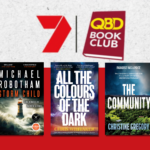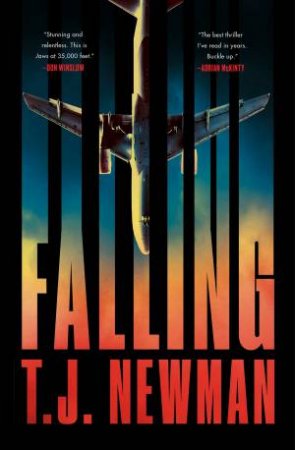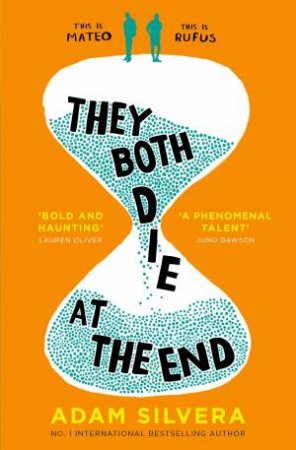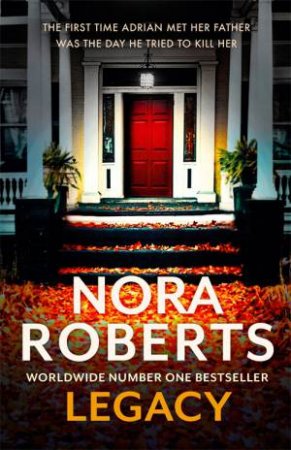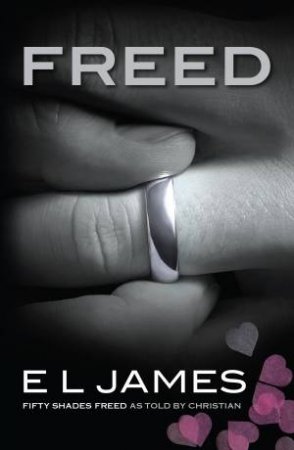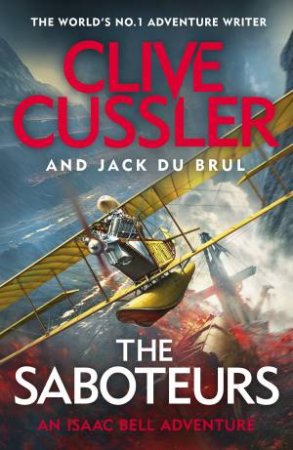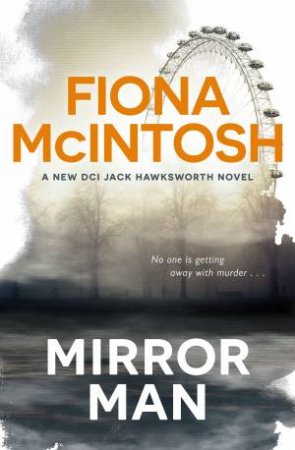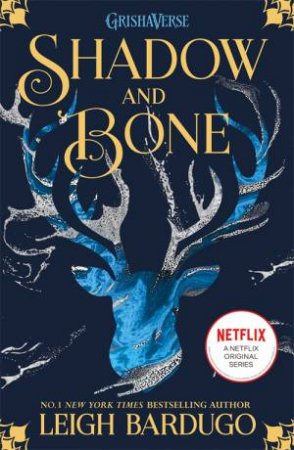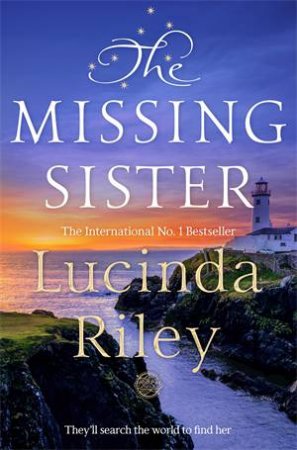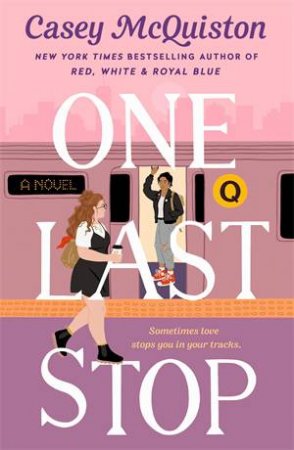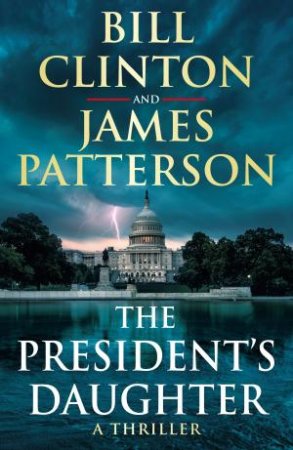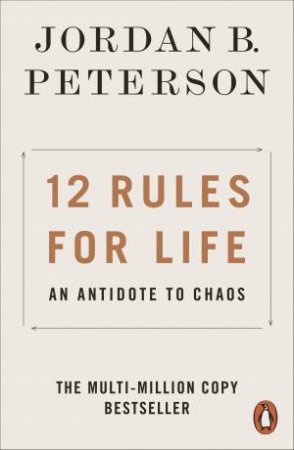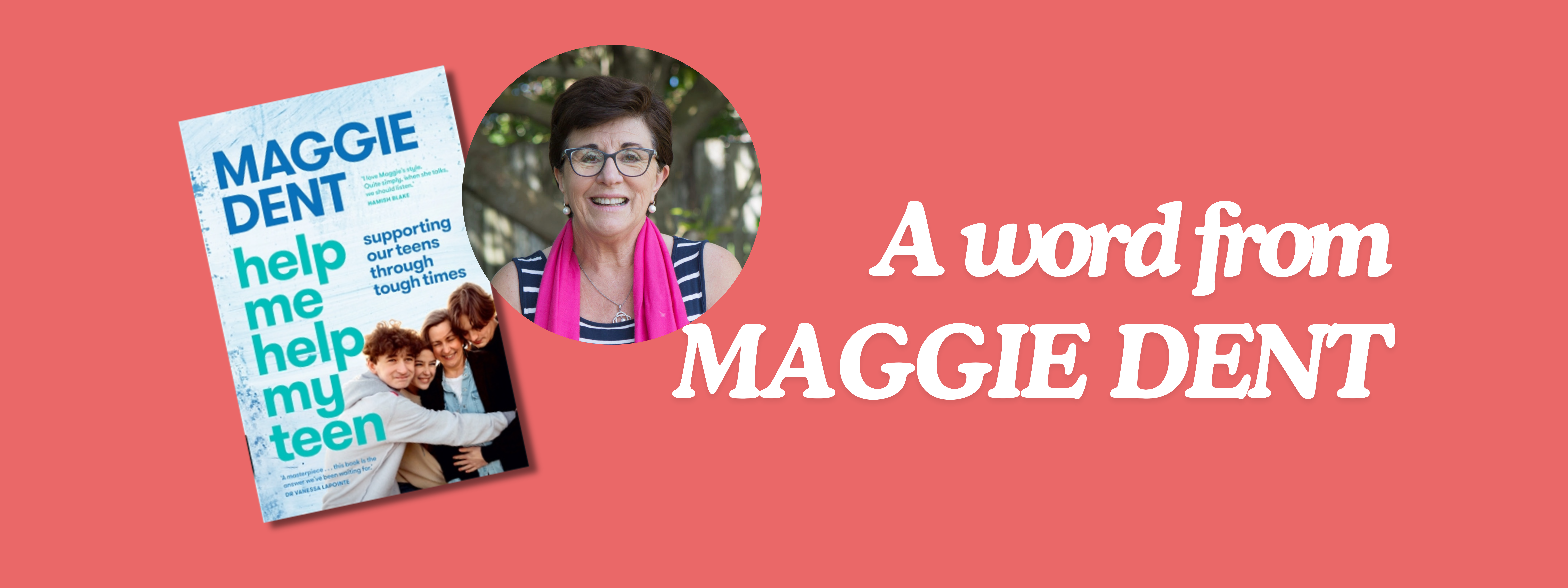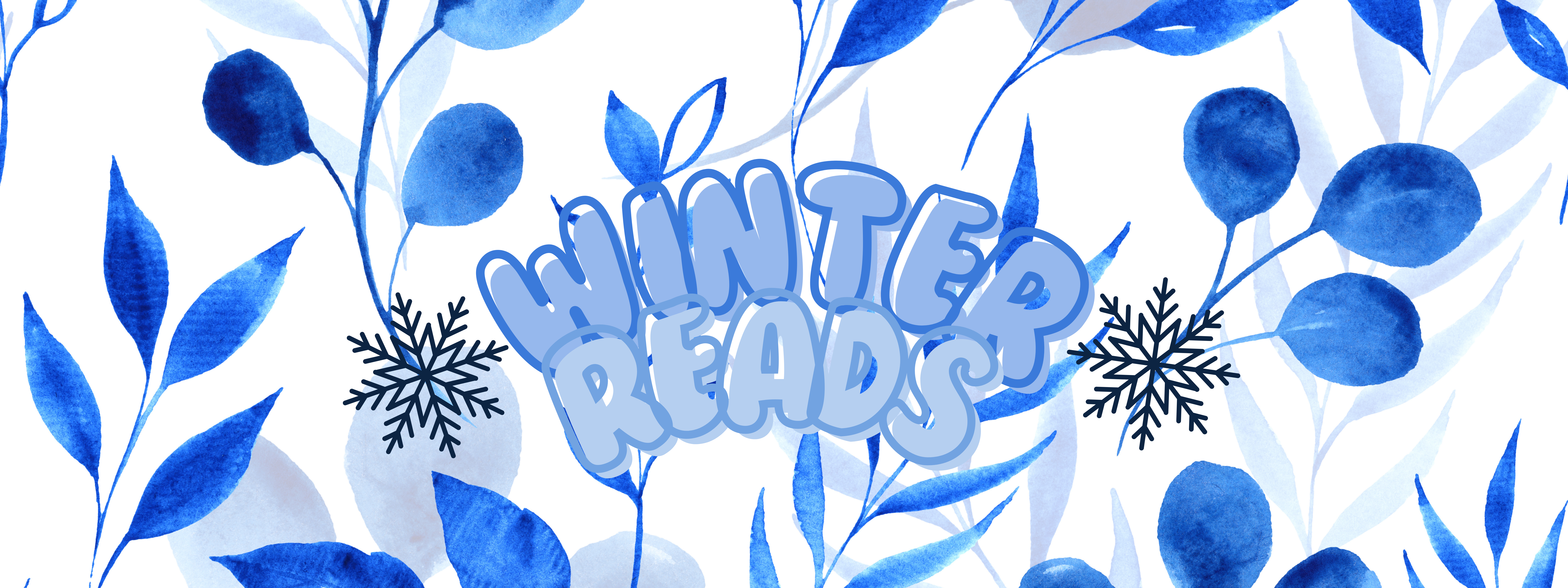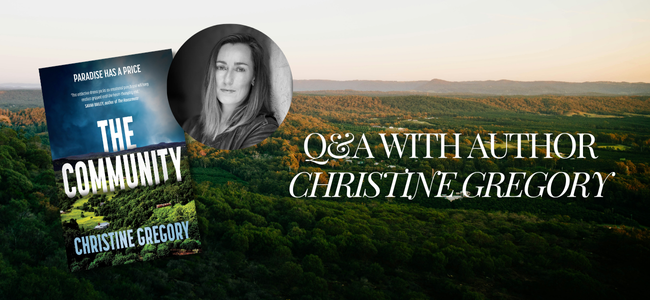 The last time I read this book was thirty or so years back, in my teens, and from then I would have described it as being a ‘dystopic novel’ … a ‘world gone mad’. It was scary, in a kind of abstract way. But, reading it now was very different. Reading it now, with a greater awareness of the world, recent history, and contemporary politics and art … it is startlingly ‘now’. It is the horror of utopia, all our social dreams answered. Startling in the degree of its vision, written in its time, and also in the way it provides very few easy answers, other than Huxley’s own strangely dissatisfying post-war 1940s argument-antidote of a banal middle ground between savagery and civilization.
The last time I read this book was thirty or so years back, in my teens, and from then I would have described it as being a ‘dystopic novel’ … a ‘world gone mad’. It was scary, in a kind of abstract way. But, reading it now was very different. Reading it now, with a greater awareness of the world, recent history, and contemporary politics and art … it is startlingly ‘now’. It is the horror of utopia, all our social dreams answered. Startling in the degree of its vision, written in its time, and also in the way it provides very few easy answers, other than Huxley’s own strangely dissatisfying post-war 1940s argument-antidote of a banal middle ground between savagery and civilization.
Much has come about as Hux had seen, but maybe through different means and technologies. Overt promiscuity: zippers were even seen as a sign of this in the 1930s due to how easy they made taking off one’s clothes. The idea that the family unit as destructive and unsavoury. And that overarching American mantra: the pursuit of happiness; hey, if it’s not hurting anyone else… Sure, we don’t have ‘feelies’, but we have 3D, HD, super HD, Smart TVs … hyper-real animation on screens you could shelter under. And the crass electro-music and simplistic rhymed lyrics of American Pop music were ringing in my ears for much of this book, reading it. And the importance of consumption, and even consumption through sport (what would Hux think of a Superbowl now? He wrote this in the 30s…) the Semi-Demi-Womens wrestling finals, the aquarium antics of the tennis-champions, the Foot-and-mouth-ball, and even the Centrifugal Bumble-puppy (which, I admit, I kinda want to see in action…). COMMUNITY. IDENTITY. STABILITY. They reminded me of the Stay/anti-Brexit arguments almost immediately. There, were, after all, two fear campaigns going on. And the EU could easily stand in for something that could one day have become a Brave New World.
The utopia element of the civilised society has more cracks in it than I remember. People are still capable of dissidence. The interview between Mond and the Savage is an unmissable highlight of world literature. And the failure of the Savage, in the face of his baseness, is actually everything. It’s our own failure. And it’s the kind of failure that maybe has to happen, even if it’s terrible. That’s what the novel demands, in the end. It demands you confront the failure of civilization at the same time as you schmooze into its necessity; Shakespeare invented the World State, whether he likes it or not; he invented a world where he manifests himself as his own absence…
~ Jeremy, QBD Doncaster





